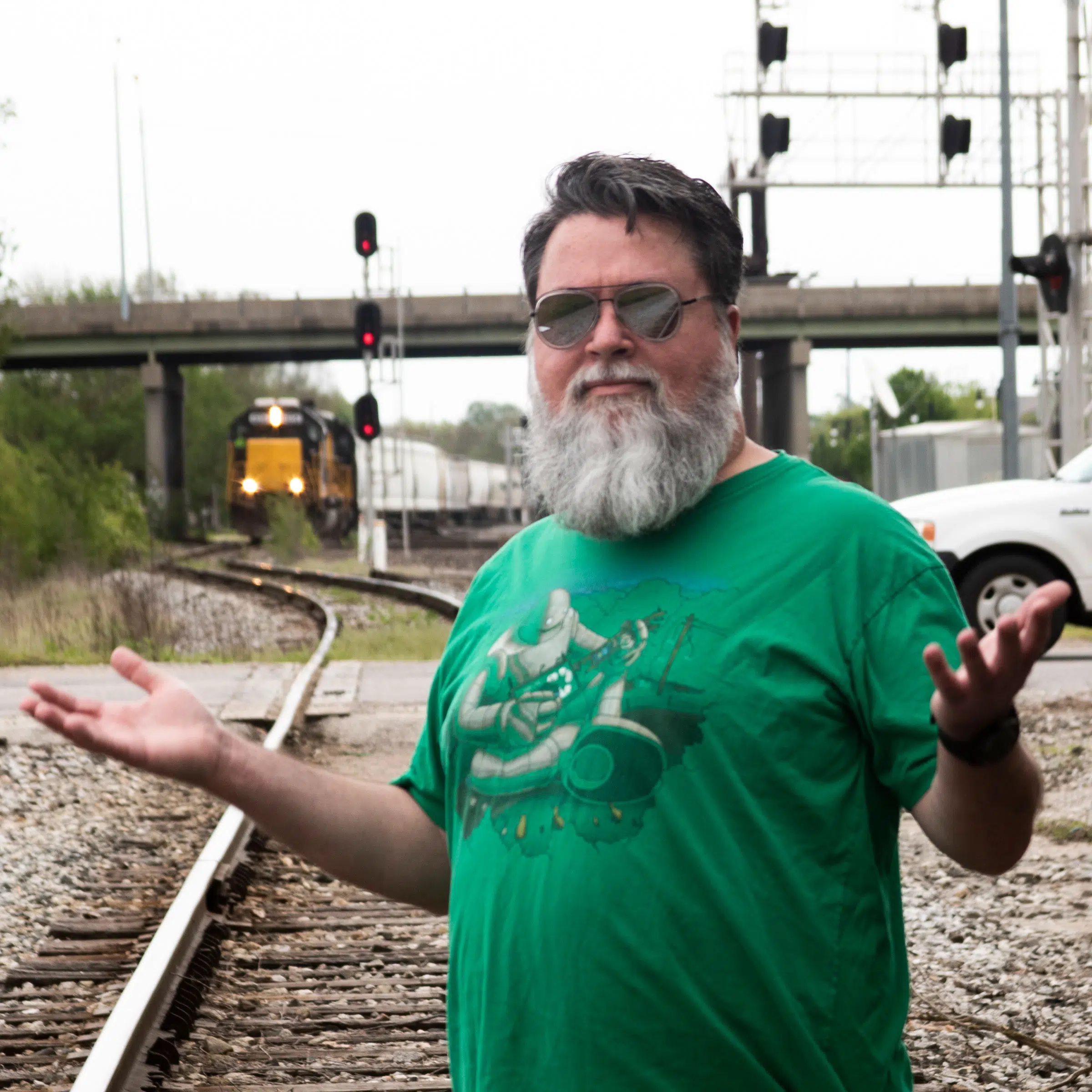By Michael Holden
LONDON (Reuters) -Former British Prime Minister Boris Johnson oversaw a toxic, chaotic and dithering response to the COVID pandemic, with a delay to locking the country down resulting in about 23,000 more deaths, a report by a public inquiry concluded on Thursday.
Britain recorded more than 230,000 deaths from COVID, a similar death rate to the United States and Italy but higher than elsewhere in western Europe, and it is still recovering from the economic consequences.
An inquiry, which Johnson ordered in May 2021, delivered a blistering assessment of his government’s response to COVID, criticising his indecisive leadership, lambasting his Downing Street office for breaking their own rules and castigating his top adviser Dominic Cummings.
‘TOXIC AND CHAOTIC CULTURE’ IN GOVERNMENT
“There was a toxic and chaotic culture at the centre of the UK government during the pandemic,” the inquiry chair, former judge Heather Hallett, said in her report.
Hallett said Johnson had failed to appreciate the seriousness of the virus after it emerged at the start of 2020, believing it would amount to nothing and was distracted by other government business, with Britain at the time bogged down in talks over its departure from the European Union.
“Mr Johnson should have appreciated sooner that this was an emergency that required prime ministerial leadership to inject urgency into the response,” the report said.
When he appeared before the committee in 2023, Johnson said his government had been too complacent and had “vastly underestimated” the risks, saying he understood the public’s anger.
Hallett said by the time Johnson announced a lockdown on March 23 it was too little, too late, a repeated criticism she levelled at the British government and the devolved administrations of Scotland, Wales and Northern Ireland.
Had Britain locked down just a week earlier on March 16, as the consensus of evidence said it should, the number of deaths in the first wave up to July would have been reduced by about 23,000 or 48%, the report concluded.
A failure to act sooner again as cases rose later in the year also led to further national lockdowns, it added.
Hallett said the inquiry recognised Johnson had to wrestle with profound decisions, but said he repeatedly changed his mind, failing to make timely decisions despite a clearer understanding of the virus.
(Reporting by Michael Holden; Editing by Kate Holton)





Comments